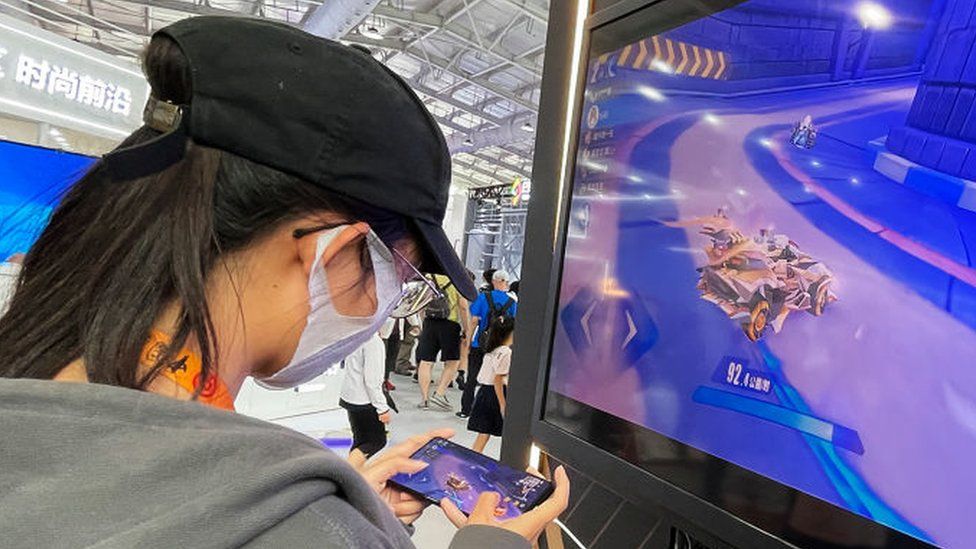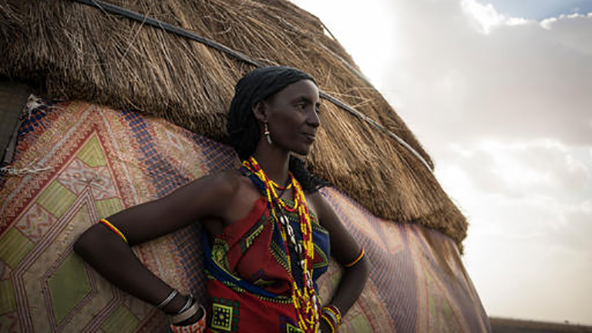Find out the week’s top mobile stories from around the world. Headlines this week include… Chinese tech giant Tencent told to suspend new app roll outs, UK privacy watchdog warns adtech the end of tracking is nigh, ETSI specs up mobile device security and much more…

Chinese tech giant Tencent told to suspend new app roll outs
BBC
Technology giant Tencent has been told to halt the roll out of new apps in China.
The country’s Ministry of Industry and Information Technology (MIIT) has also ordered a temporary suspension of updates to the products.
It comes as the technology industry regulator reviews compliance with privacy rules introduced this month.
However, current versions of the apps are still available to be downloaded and used as normal.
Read more…
UK privacy watchdog warns adtech the end of tracking is nigh
Tech Crunch
It’s been well over two years since the UK’s data protection watchdog warned the behavioural advertising industry it’s wildly out of control.
The ICO hasn’t done anything to stop the systematic unlawfulness of the tracking and targeting industry abusing Internet users’ personal data to try to manipulate their attention — not in terms of actually enforcing the law against offenders and stopping what digital rights campaigners have described as the biggest data breach in history.
Read more…
ETSI specs up mobile device security
Mobile World Live
The European Telecommunications Standards Institute (ETSI) released a global standard designed to pinpoint key security and privacy risks for mobile device users, and protect their data through an arsenal of features.
In a statement, the standardisation organisation explained the Consumer Mobile Device Protection Profile specification, ETSI TS 103 732, outlines requirements for consumer smartphones and tablets to protect data including photos, location, emails, SMS, calls and passwords.
Read more…
‘It’s a WhatsApp life’: how the messaging app became a critical financial service
Raconteur
In the UK, we associate WhatsApp with group chats, photos and a huge store of questionably humorous reaction GIFs. But in many countries, the low-data messaging app is a lifeline for small businesses, especially during the pandemic.
When telecommunications and banking infrastructure are less than perfect, the ubiquitous app has been key for sending and receiving money. In Kenya, for example, it’s “a WhatsApp life”, says Alice Waweru, regional programme manager at TechnoServe, an NGO that encourages entrepreneurship and poverty reduction through the use of technology.
Read more…
Trai proposes nil charge on USSD messages for mobile banking, payments
Business Standard
Telecom regulator Trai on Wednesday proposed to remove charges on USSD messages for mobile banking and payment services to promote digital transactions.
The Unstructured Supplementary Service Data (USSD) messages get displayed on the screen of mobile phones and are not stored like SMSes. This technology is widely used to display balance deduction in mobile phones where a message pops-up on the device screen after a call or outgoing SMS.
Read more…
Chip Flaws Left ‘A Third Of World Smartphones And IOT Devices Vulnerable To Eavesdropping’
Forbes
A vulnerability in a chip manufactured by $60 billion market cap Taiwanese tech giant MediaTek left a third of all of the world’s smartphones and internet of things devices open to remote snooping of phone calls and spying via the device microphone, researchers have claimed.
The problems lay in the part of MediaTek chips that handle audio signals, according to researchers at Israeli cybersecurity company Check Point. For a remote attack to work, a hacker would need to first have malware installed on the target Android phone, or smart device, or find some way to access the MediaTek audio firmware. Once installed, the malware could write malicious code to device memory by exploiting the ways in which the audio processor worked with Android. It would then have been possible to “steal the audio flow” on the device, allowing the hacker to eavesdrop on an Android user or install more malicious code on the device.
Read more…
PEAK 2021 Data points to a very mobile Christmas worldwide
Internet Retailing
This Peak season and Christmas is set to be one dominated by mobile commerce if the figures on app use over the rest of the year is anything to go by. Data from mobile marketing analytics platform Adjust in the US finds that in-app revenue has increased significantly in 2021, with May being the biggest month so far.
Based on Adjust’s ecommerce app revenue trends from 2020 — when October, November, and December outperformed the previous nine months — this year’s shopping season is likely to reach an all-time high.
Read more…
Why is mobile gaming growing in Nigeria?
This Day
Much like the rest of the world, mobile gaming is showing dramatic growth in Nigeria. As a modern-day entertainment option, there is no doubting that smartphone gaming has risen to prominence in recent times. It’s everywhere.
On-demand streaming services, listening to music and watching television are popular alternatives, but the amount of Nigerians turning to an array of smartphone gaming releases is growing at a rapid rate also.
Read more…
How AI-powered tech can improve digital accessibility
IT Pro
Despite one billion people, or roughly 15% of the global population, living with a disability, there remains much work to be done by governments and businesses to close the digital access divide that exists today.
This digital divide has become even more prominent with the emergence of COVID-19, with differently-abled people, like everyone, suddenly forced to grapple with the challenges of social distancing and lockdowns. Technology eased this strain for many of us, but research by South Korean academics found the surge in mid-pandemic internet usage wasn’t mirrored by people with disabilities. Differently-abled people were also less likely to be aware of, utilise or perceive the usefulness, of digital services.
Read more…
Working Toward Financial Inclusion With Blockchain
Stanford Social Innovation Review
Four ways blockchain technology is beginning to help people in countries such as Kenya and Argentina build more resilient and prosperous lives through greater access to financial services.
Credit cards. Bank accounts. ATMs. These are simple tools that many of us take for granted. Even if we’re struggling financially, thanks to an elaborate system of banks and credit, we often have the means to get by.
This is not the case in much of the world. The World Bank estimates that there are 1.7 billion people, or 31 percent of all adults, who are “unbanked,” and in some developing economies, it’s as high as 61 percent. Women are at an even further disadvantage, making up 55 percent of the unbanked.














